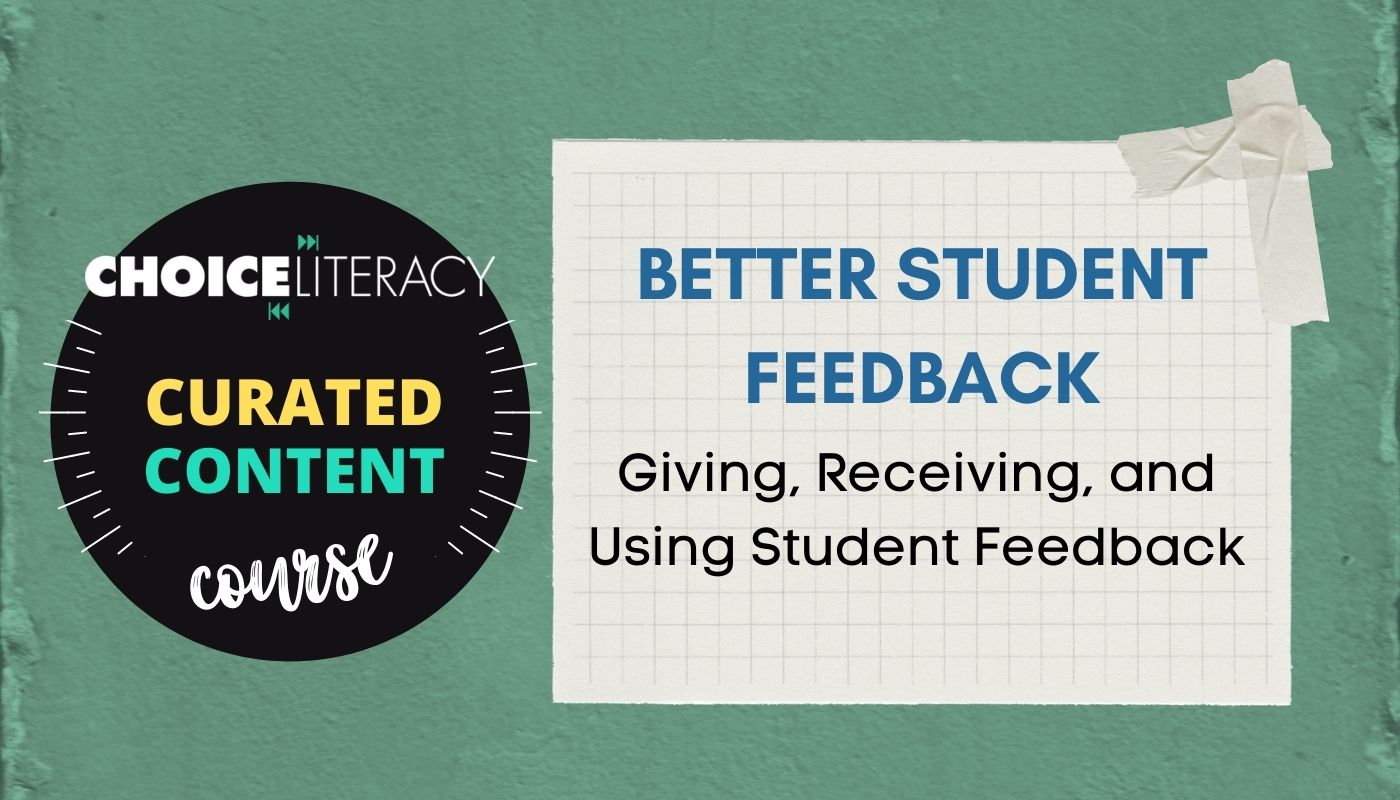A mentor is someone who allows you to see the hope inside yourself.
—Oprah Winfrey
The Importance of Guides
I’ve been working with a business coach. Her name is Stephanie, and she has changed my outlook in just a handful of meetings. Here is why: She guides me.
We all know the importance of listening when working alongside others, but just as important is recognizing the influence we have in guiding the next steps. This is true for classroom teachers, instructional coaches, and school leaders. We are guides.
I heard Don Miller talk about the importance of storytelling for businesses. He insists that good storytelling is the key to strong marketing. In fact, he built a brand around this idea called StoryBrand. He reminds us that one of the hallmarks of a great story is a hero overcoming a challenge. Don insists that everyone wants to be the hero of their own story, and all heroes need a guide.
Think about it: Dumbledore guides Harry, Yoda guides Luke Skywalker, Glinda the Good Witch guides Dorothy, and Dory guides Nemo. Pause and think about a story you like. Name the hero and think a little more. Who is the guide?
The guide is always secondary but is the turnkey to the hero winning the day. It turns out that the best guides are good listeners, and they have a deep knowledge that allows them to point in the right direction.
I’ve been relishing the reassurance of having someone point me in the right direction while at the same time trusting me to be in control of my own learning. It’s a nuance that is attitude changing, and one that is worthwhile exploring as educators.
This week we are thinking about ways to hear and respond to student voices—plus more, as always! As contributors guide your thinking, may you also be aware of the ways in which you guide others.
Shine on,
Ruth Ayres
Editor in Chief

Bitsy Parks has her first-grade students record their writing as part of a regular workshop and assessment routine, and then uses QR codes to share the recordings with families and the larger community. This was first published in 2015 and updated in 2022.
Stella Villalba shares picture books to celebrate and affirm students’ identities. This article was first published in 2021.
We are announcing NEW live virtual events. Join our contributors in a live virtual series to sustain your professional learning all school year and have access to the recordings (and additional resources) until June 30, 2023.
These events will nourish your professional heart and provide practical ideas you can use now.
When you join Engaging Adolescent Readers and Writers, it’s like meeting with a wise teacher across the virtual hall to figure out how to reach your students as readers and writers. Our contributors aren’t perfect, nor are their students, so don’t expect the presentations to be sugarcoated. (You can expect some humor, which is a result of spending their days with teens.) You’ll be inspired by ideas that you can use the next day in your own classroom.
Multiply Your Positive Influence is for literacy leaders. Join this network of educators to grow your professional credibility, and stay current with the issues, ideas, and trends in K-12 education.
It is easy to feel overwhelmed by the vast amount of information about teaching reading, and often we feel an intense pressure to perfect our reading instruction. There are many loud voices and often they give conflicting information. How do you know what to do? In Bridging Literacy Practices three contributors encourage all of us to build bridges instead of arguments uplift the choice and voice of our youngest readers.
 In Better Student Feedback, Ruth Ayres shares a wealth of resources from Choice Literacy contributors focused on the power of giving and receiving student feedback.
In Better Student Feedback, Ruth Ayres shares a wealth of resources from Choice Literacy contributors focused on the power of giving and receiving student feedback.

New members-only content is added each week to the Choice Literacy website. If you’re not yet a member, click here to explore membership options.
Becca Burk reflects on the power of intentional language to build perseverance in students. She shares a booklist designed to give students scripts they need to become brave learners.
Mallory Messenger shares a routine for hearing student conjectures (in math and other subjects) and a process for giving time for the class to prove or disprove the claims.
Download a Conjecture—Prove or Disprove Recording Sheet to collect student conjectures in your classroom.
In an encore video, Stella Villalba encourages all educators to listen to students to understand how to create a culture of belonging.

New members-only content is added each week to the Choice Literacy website. If you’re not yet a member, click here to explore membership options.
Matt Renwick encourages five classroom design ideas for supporting readers and writers with ADHD.
Don’t miss Matt’s companion article, where he shares a candid personal story of his own diagnosis of ADHD, and then encourages us to consider the way the narratives we create about who we are and who we might become are based on how we perceive our pasts. Matt challenges us to resist these narratives and reshape them with awareness, reflection, and support.
Many schools have seen an influx of English language learners recently. Coaches with little ELL experience may struggle to assist teachers with large ELL populations. In this encore article, Stella Villalba shares some tools and strategies for in-class coaching in classrooms with many English language learners.
Jen Schwanke and Tracey R. Deagle remind us that to build resilience we must celebrate joy in our work, even while acknowledging difficulties.
Quote It:
Focus on doing the right things instead of a bunch of things.
—Mike Krieger
That’s all for this week!



